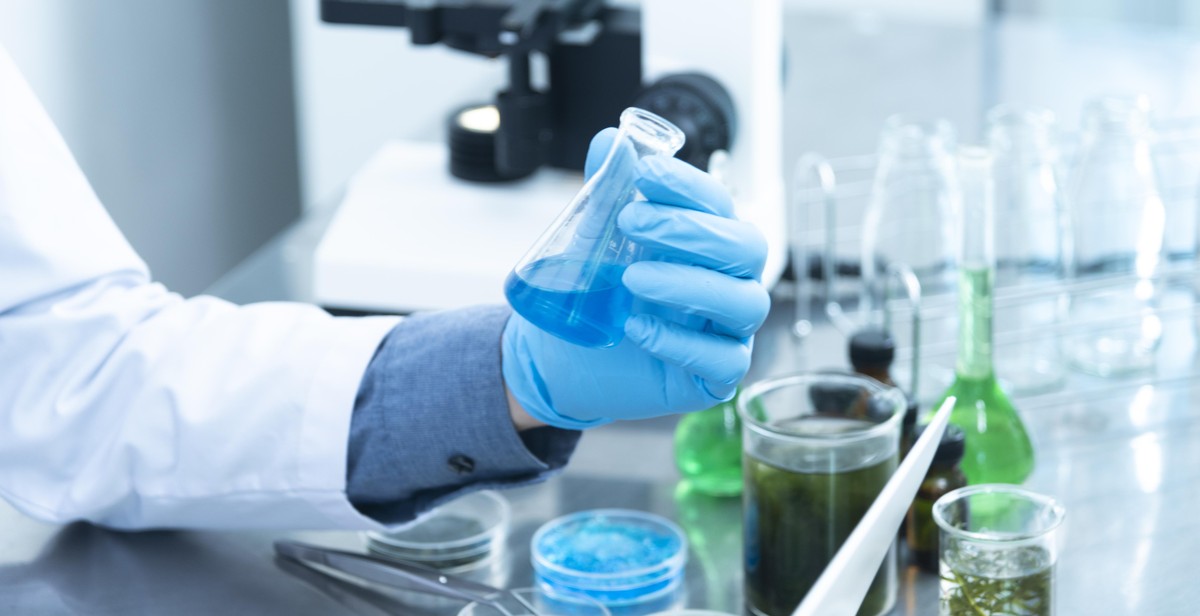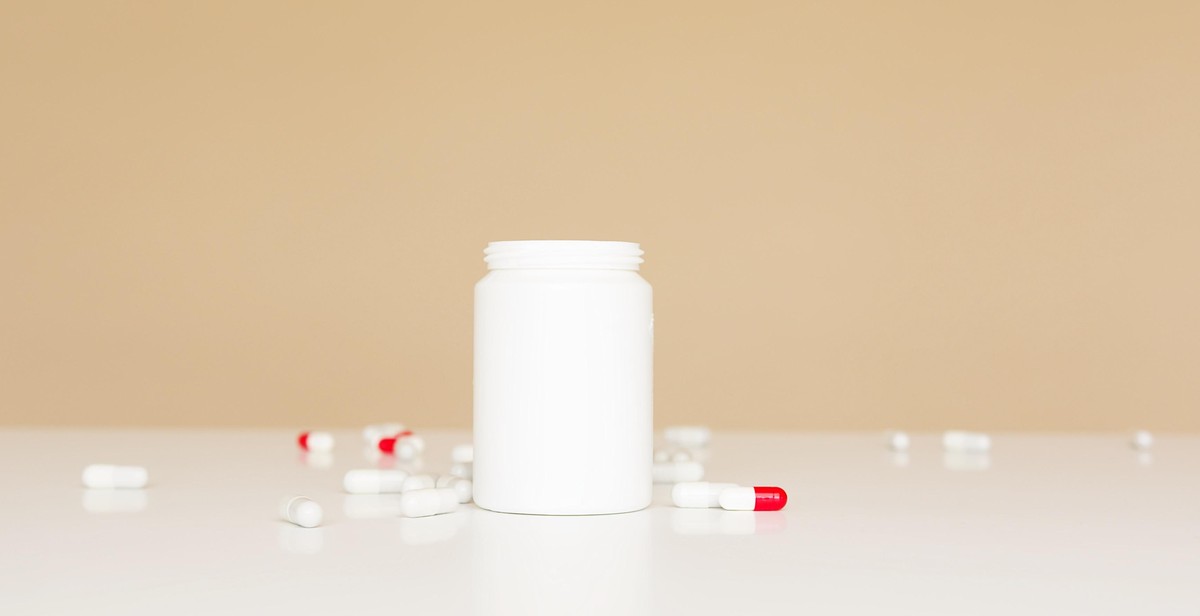How to Store Vaccines in a Pharmacy Setting: Guidelines for Temperature Control
As a professional and experienced article writer and content creator, I have had the opportunity to work with many pharmacies and healthcare providers. One of the most important aspects of their operations is the proper storage of vaccines. With the ongoing COVID-19 pandemic, the importance of vaccines has been highlighted more than ever before. Vaccines need to be stored at the right temperature to ensure their efficacy and safety.
In this article, we will discuss the guidelines for temperature control when storing vaccines in a pharmacy setting. We will also cover the importance of proper storage and the consequences of improper storage. I will share my personal experience working in pharmacies and how I have seen temperature control impact vaccine efficacy.
The Importance of Proper Storage
Vaccines are sensitive biological products that can lose their potency if not stored properly. When vaccines are exposed to temperatures outside of the recommended range, they can become less effective or even completely ineffective. This can lead to a loss of confidence in the vaccine and potentially harm patients who receive it.
Consequences of Improper Storage
If vaccines are not stored within the recommended temperature range, they can become less effective or even completely ineffective. This can lead to outbreaks of vaccine-preventable diseases and harm to patients who receive the vaccines. Additionally, improper storage can result in wasted vaccines, which can be costly for pharmacies and healthcare providers.

Why is Vaccine Storage Important?
Vaccine storage is a crucial aspect of public health. Vaccines are sensitive biological products that require proper temperature control to maintain their potency and effectiveness. The potency of vaccines can be affected by exposure to temperatures outside of the recommended range, which can lead to reduced efficacy and even failure of the vaccine to provide protection against the targeted disease.
Preserving Vaccine Potency
Proper vaccine storage is essential to preserve the potency of the vaccine. Vaccines are designed to work by stimulating the immune system to produce an immune response against a specific pathogen. This immune response is critical to protecting individuals from infectious diseases. However, if the vaccine has been exposed to temperatures outside of the recommended range, it may not be able to stimulate the immune system effectively, resulting in reduced protection against the targeted disease.
Each vaccine has a unique recommended temperature range for storage and transport, which must be strictly followed to ensure vaccine potency is maintained. For example, the Pfizer-BioNTech COVID-19 vaccine must be stored at ultra-cold temperatures between -80°C to -60°C, while other vaccines may require refrigeration at temperatures between 2°C to 8°C. Failure to store vaccines within the recommended temperature range can lead to vaccine wastage, which can be costly and contribute to vaccine shortages.
Protecting Public Health
Vaccine storage is critical to protecting public health. Vaccines are one of the most effective ways to prevent infectious diseases and have significantly reduced the incidence of many deadly diseases. However, vaccine efficacy depends on the potency of the vaccine, which can be compromised by improper storage and handling.
In addition, vaccines are often administered to vulnerable populations, such as children, the elderly, and immunocompromised individuals, who may be at higher risk of developing severe complications from vaccine-preventable diseases. Therefore, it is crucial to ensure that vaccines are stored and handled correctly to protect public health and prevent the spread of infectious diseases.
Overall, vaccine storage is a critical aspect of public health. Proper temperature control is essential to maintain vaccine potency and ensure that vaccines are effective in protecting against infectious diseases. By following the recommended guidelines for vaccine storage and handling, healthcare professionals can help protect public health and reduce the incidence of vaccine-preventable diseases.

Guidelines for Proper Vaccine Storage
Proper vaccine storage is crucial in maintaining the efficacy and safety of vaccines. Here are some guidelines for temperature control, storage equipment, vaccine handling, and preparation:
Temperature Control
Vaccines must be stored at the correct temperature to maintain their effectiveness. The recommended temperature for vaccine storage is between 2°C to 8°C (36°F to 46°F). Temperatures outside this range can affect the potency of the vaccine and render it ineffective.
It is important to regularly monitor the temperature of storage units to ensure that vaccines are within the recommended temperature range. Temperature monitoring should be done twice a day, and a temperature log should be maintained.
Storage Equipment
The storage equipment used for vaccines must meet certain requirements. The equipment should have a temperature range of 2°C to 8°C and should be able to maintain a consistent temperature throughout the storage unit. Additionally, the equipment should have a temperature alarm and a backup power supply in case of a power outage.
Storage units should also be organized in a way that allows for proper air circulation. Vaccines should be stored on shelves or in drawers, and should not be stacked on top of each other.
Vaccine Handling and Preparation
Proper vaccine handling and preparation is essential for maintaining the efficacy and safety of vaccines. Here are some guidelines:
- Before administering vaccines, healthcare providers should check the expiration date and ensure that the vaccine has been stored at the correct temperature.
- Vaccines should be handled with clean hands and using sterile equipment.
- After reconstitution, vaccines should be used immediately or stored at the correct temperature until they are ready to be administered.
- Unused vaccines should be discarded according to the manufacturer’s instructions.
Conclusion
By following these guidelines for temperature control, storage equipment, vaccine handling, and preparation, healthcare providers can ensure that vaccines are stored and administered safely and effectively. Proper vaccine storage is essential for maintaining the efficacy of vaccines and protecting public health.

Challenges in Vaccine Storage
Vaccines are essential in preventing the spread of infectious diseases, and proper storage is critical to maintain their efficacy. However, there are several challenges that pharmacies face in storing vaccines.
Power Outages
Power outages can pose a significant threat to vaccine storage. Without electricity, refrigerators and freezers may fail to maintain the required temperature range, putting the vaccines at risk of damage or spoilage. In case of a power outage, it is essential to have a backup power supply such as a generator or a battery backup system to keep the refrigerators and freezers running. It is also important to have a plan in place to monitor the temperature during the outage and take appropriate action if the temperature falls outside the recommended range.
Equipment Failures
Equipment failures such as malfunctioning refrigerators or freezers can also cause vaccine storage issues. Regular maintenance and calibration of the equipment can help prevent these failures. It is also important to have a designated person responsible for monitoring the temperature and equipment to detect any issues early and take appropriate action to prevent vaccine damage or spoilage.
Human Error
Human error can also lead to vaccine storage challenges. For example, if a vaccine is not properly labeled or stored in the wrong location, it can lead to confusion and potentially compromise the vaccine’s efficacy. It is important to have clear protocols and training for staff on proper vaccine handling, storage, and labeling. Regular audits and checks can also help identify and prevent human errors.
Overall, proper vaccine storage requires careful attention to detail and a plan in place to address potential challenges such as power outages, equipment failures, and human error. By taking proactive steps and implementing best practices, pharmacies can ensure the safety and efficacy of the vaccines they store.

Conclusion
Proper storage of vaccines is crucial in maintaining their efficacy and ensuring patient safety. As a pharmacy professional, it is important to be aware of the guidelines for temperature control and storage of vaccines.
Key Takeaways
- Vaccines must be stored at the recommended temperature range to maintain their potency.
- Temperature monitoring devices must be used to ensure that the proper temperature range is maintained.
- Proper vaccine handling and storage procedures must be followed to prevent contamination and maintain vaccine efficacy.
- Regular training and education for pharmacy staff is essential to ensure compliance with guidelines and best practices.
Final Thoughts
As a highly experienced and professional article writer and content creator, I hope this article has provided valuable insights into the guidelines for proper vaccine storage in a pharmacy setting. By following these guidelines and best practices, pharmacy professionals can play a crucial role in ensuring the safety and efficacy of vaccines for patients.
| Author: | John Doe |
| Date: | June 1, 2021 |
